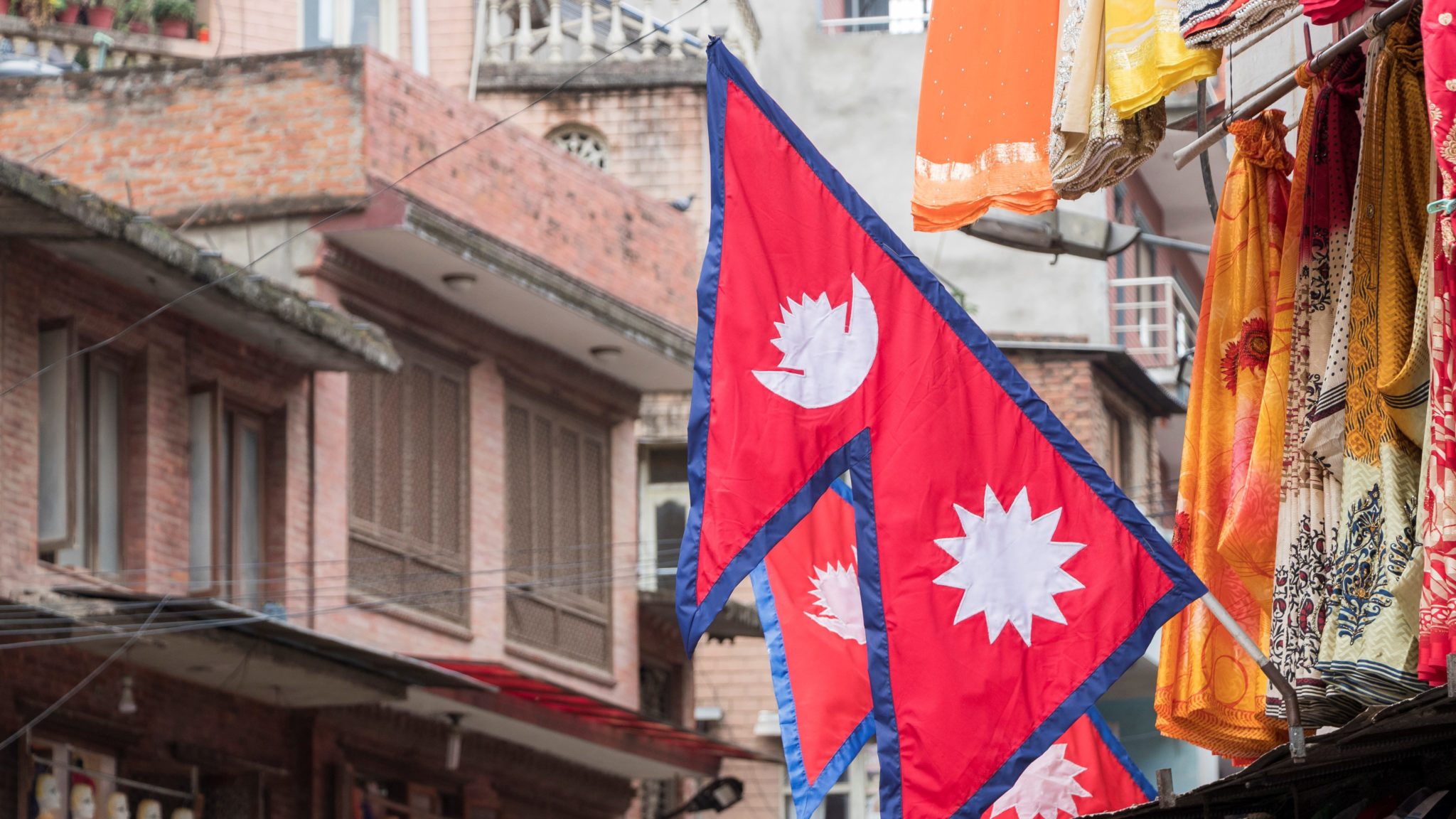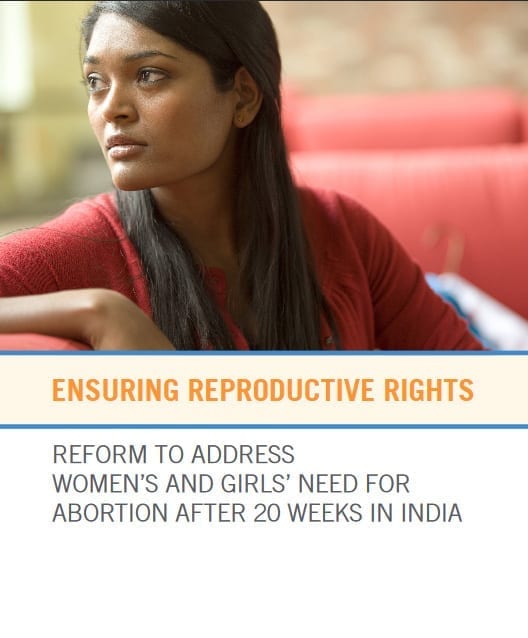The Center’s Work in Nepal

The Center for Reproductive Rights has been active in Nepal since 2000, working with partners to improve access to safe abortion care and other reproductive health care and rights. Our work has included advocating for laws and policies, providing expert legal support, initiating and supporting litigation, and buildings coalitions and networks.
Advocating for Laws and Policies to Increase Access to Abortion
The Center’s advocacy efforts were crucial in removing Nepal’s abortion ban and enacting progressive abortion access laws. As a result, the Nepal government lifted the general ban on abortion in 2002 and adopted the Safe Abortion Procedure Guideline in 2004. The Center also supported the establishment of Comprehensive Abortion Care Services (CAC), which later expanded to provide medical abortion services. We continue seeking free and safe abortion services at the public health facilities.
Our persistent advocacy efforts bore fruit with the Interim Constitution of Nepal in 2007 and later the Constitution of Nepal in 2015, which recognized reproductive rights as a part of fundamental rights. This landmark recognition makes Nepal one of the very few countries that has constitutionally entrenched reproductive rights.
In 2021, Nepal agreed to decriminalize abortion and ensure the protection of sexual and reproductive rights of girls and women after accepting recommendations from its Universal Periodic Review (UPR) before the UN Human Rights Council. This milestone came after longstanding advocacy efforts by the Center and its regional partners, as well as France’s decriminalization recommendation as part of the UPR. The Center and its partners are working to ensure that this commitment results in meaningful legal and policy reform.
Litigating to Make Free and Safe Abortion a Reality
The Center supported the Forum for Women, Law and Development (FWLD) in its successful litigation to hold the Nepal government accountable for failing to provide safe, accessible and affordable abortion services. In the case, Lakshmi v. Government of Nepal, the Supreme Court of Nepal issued a groundbreaking ruling in 2009 that elevated the right to abortion to a constitutionally protected fundamental right.
Significantly, the Court placed the right to access safe and legal abortion services within a class of other constitutional rights including the right to live with dignity and personal liberty. Further, it cast positive obligations on the government to ensure access to abortion is made a reality and directed the government to introduce a comprehensive abortion law based on the international human rights framework.
In February 2022, FWLD, with the support of the Center, filed new litigation to seek complete decimalization of abortion based on constitutional rights and the United Nations recommendations. The petition seeks to hold Nepal accountable for its domestic and international obligations by reforming the penal code and other related laws to ensure full access to safe abortion.
Building Coalitions and Networks to Further Reproductive Rights in Nepal
After the Lakshmi decision, the Center facilitated the establishment of the “Lakshmi Working Group” to monitor the effective implementation of the Court’s judgment. The Group–renamed the “Reproductive Health Rights Working Group” (RHRWG)—expanded its mandate to cover broader reproductive health issues in 2013.
RHRWG has actively engaged with government officials/agencies, parliamentarians, and relevant stakeholders to advocate for a rights-based approach to reproductive health and rights. The Working Group was a catalyst in the enactment of the Safe Motherhood and Reproductive Health Rights (SMRHR) Act, 2018; Regulation, in 2020 and Guideline in 2021. The Center provided technical legal assistance for the drafting of these laws and regulations.
With leadership from the National Women Commission (NWC) and FWLD, RHRWG includes a diversity of members, including research experts, service providers, representatives of grassroot-level community organizations, law professionals and academics.

